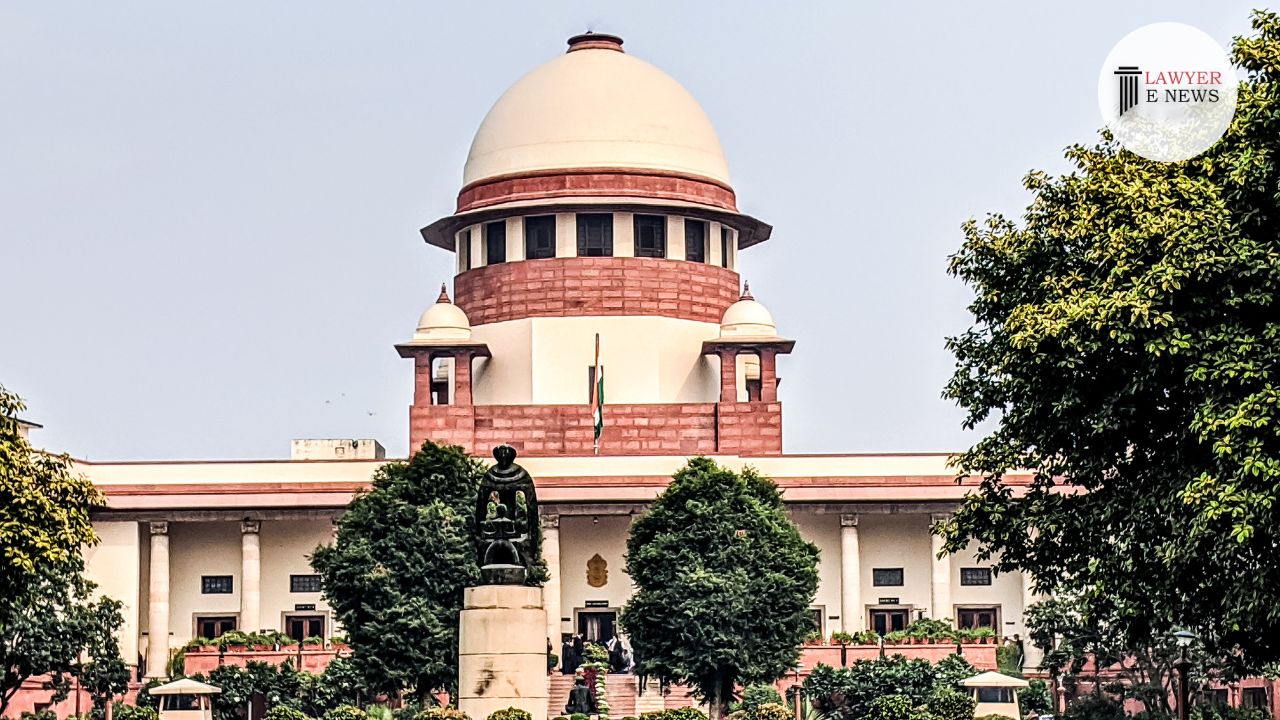-
by Admin
15 February 2026 5:35 AM



In a significant ruling, the Supreme Court of India today set aside a review judgment of the High Court which had erroneously favored a private claim over declared reserved forest land, emphasizing that "Every part of the earth is sacred to my people," reflecting the profound importance of forest lands in environmental jurisprudence.
The apex court was dealing with a legal battle involving a private party's claim to 106.34 acres of land in Kompally, Telangana, which was declared as reserved forest land under the Andhra Pradesh Forest Act, 1967. The Supreme Court highlighted the High Court's review judgment as an overstep, where it relied on post-decree evidence to reverse its own well-reasoned judgment on title and possession, thereby exceeding its jurisdiction in review by acting effectively as an appellate court.
Justice M. M. Sundresh, writing for the bench, pointed out multiple legal errors in the review process. The land, having been declared as reserved forest, should not have been subject to claims of private ownership without a challenge to the proceedings under the A.P. Forest Act. The Supreme Court noted that neither the State Government nor the Forest Settlement Officer, who are critical to such forest declarations, were made parties in the original suit, making the claims and subsequent review untenable.
The judgment underscored the inappropriate reliance by the High Court on evidence submitted by a district collector after the initial decree, which was devoid of jurisdiction in the matter concerning forest land. The apex court chastised this move, remarking on the crucial role of judicial discipline in adhering to statutory limitations and not substituting its views for that of the appellate court.
The Supreme Court allowed the appeal by the State of Telangana, restoring the first appellate court judgment which confirmed the forest land status and dismissed the private party's claim. Additionally, it imposed costs on both appellants and respondents, directing payment to the National Legal Services Authority (NALSA), and ordered an inquiry into the lapses by state officials who facilitated the incorrect filings during the proceedings.
The ruling reaffirms the sacrosanct nature of forest lands under Indian law, emphasizing the Supreme Court's stance on the stringent scrutiny required in cases involving environmental jurisprudence and the misuse of judicial review powers.
Date of Decision: April 18, 2024
The State of Telangana & Ors. vs. Mohd. Abdul Qasim (Died) Per Lrs.
